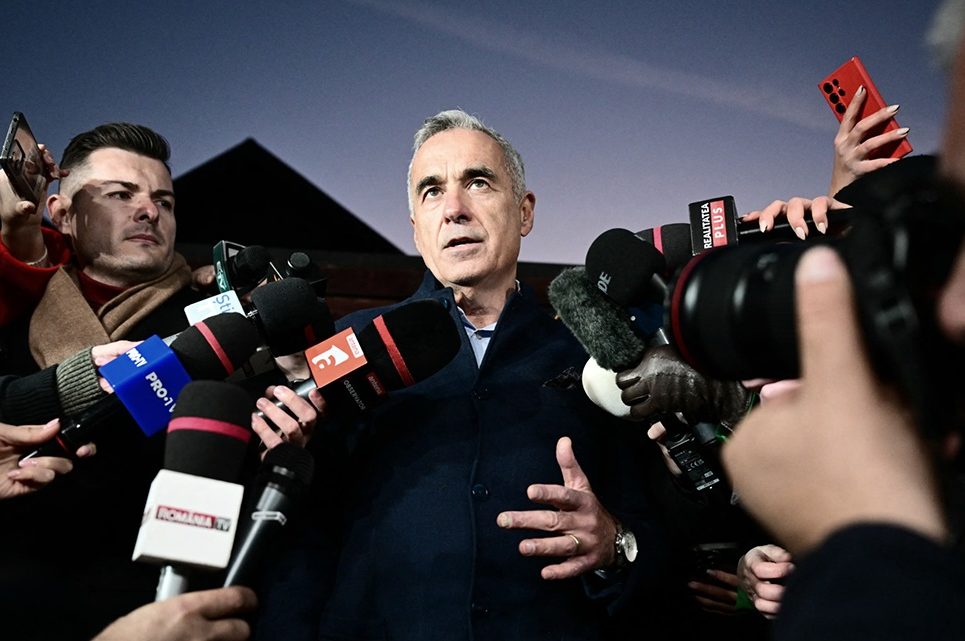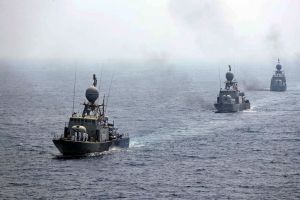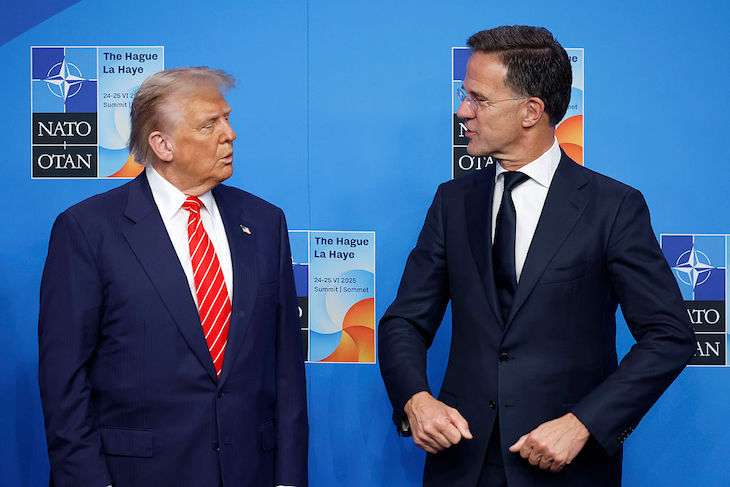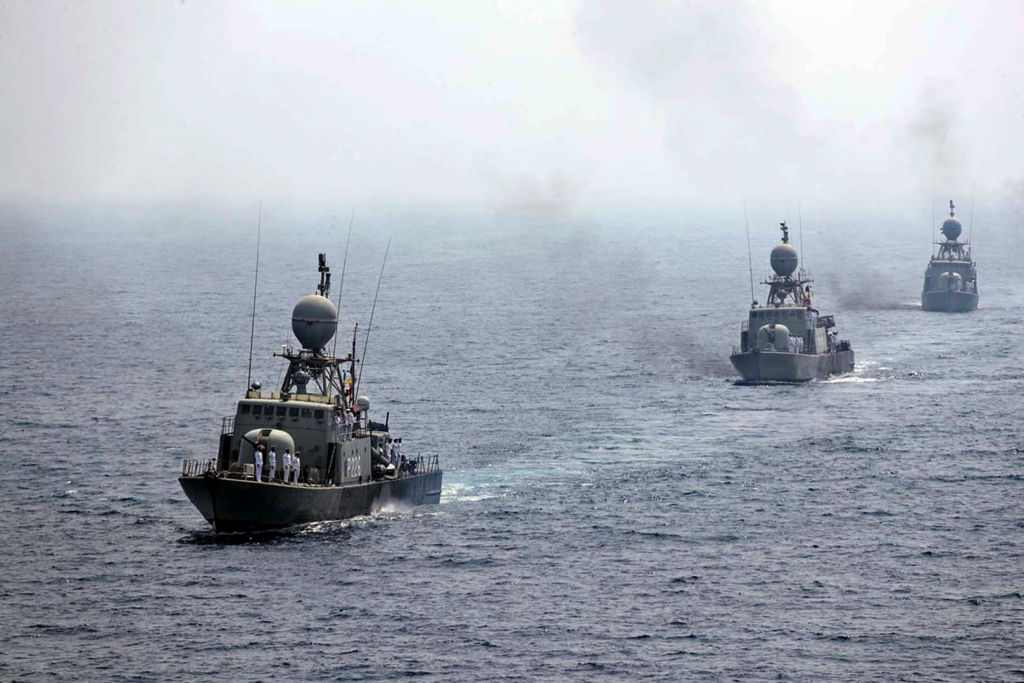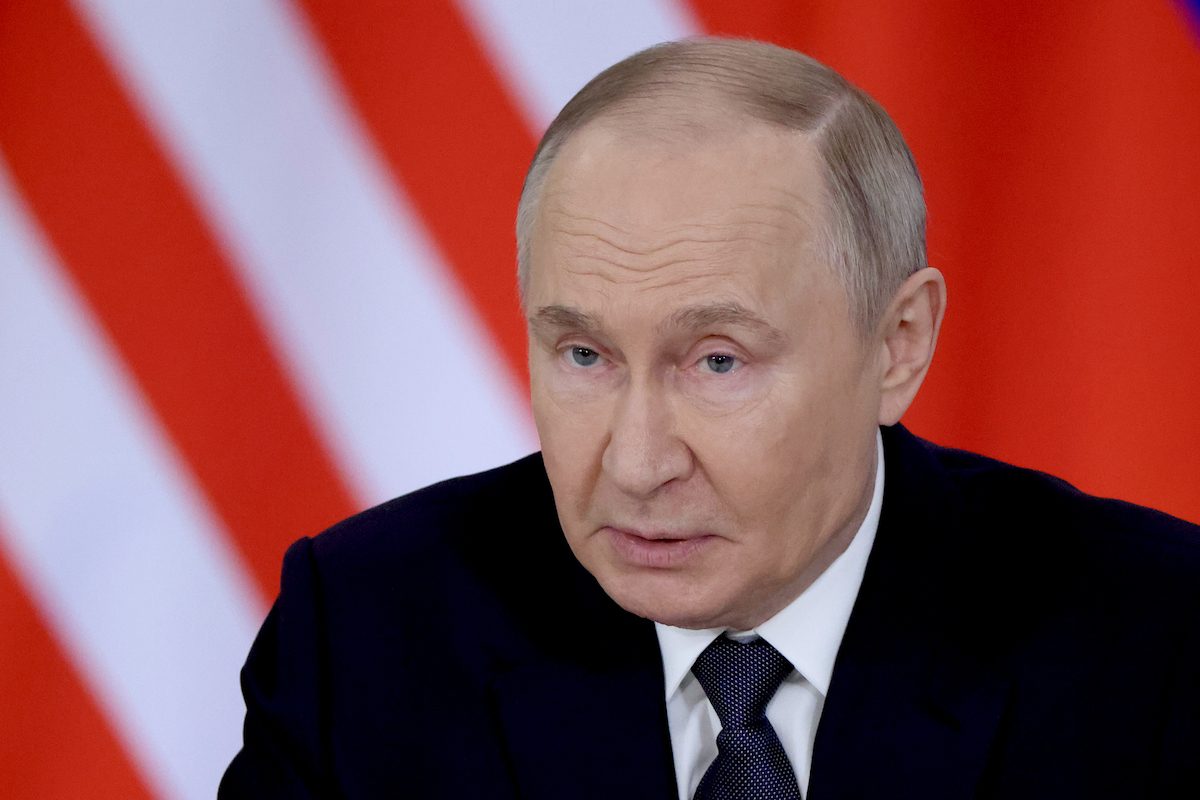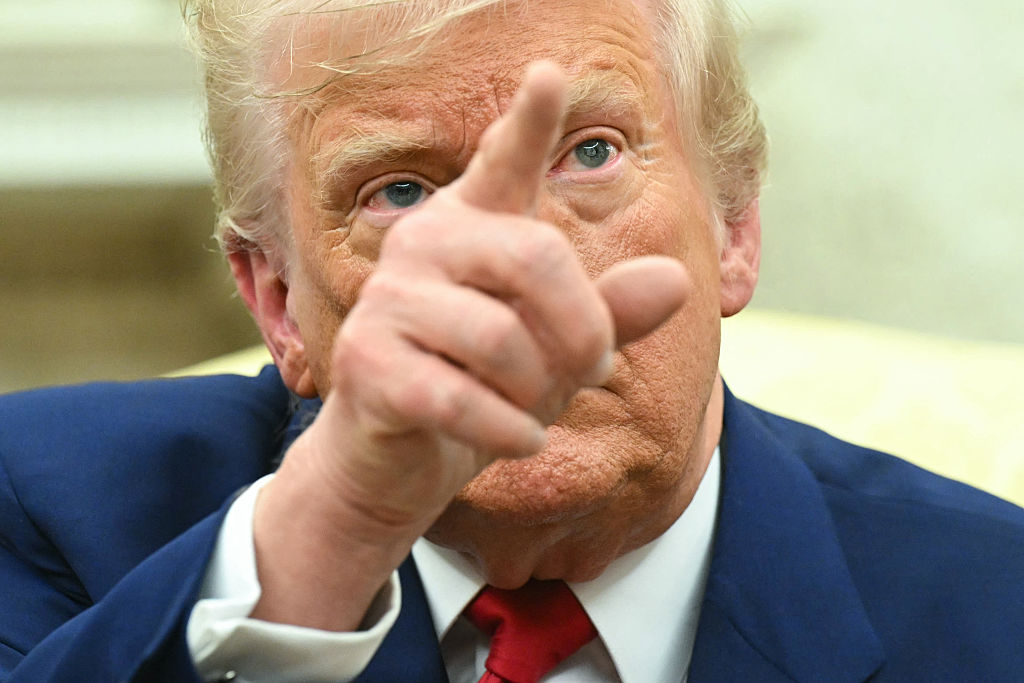Strange things are happening again in global politics. In Romania, a former UN sustainability advisor who has made admiring remarks about the fascist 1930s Iron Guard movement has just won the first round of the presidential elections.
If you like Andrew Tate, the notorious “manosphere” influencer who also happens to be a Romanian resident, you’ll love Cǎlin Georgescu. A trim sixty-two-year-old former national judo champion, he likes to post videos of himself swimming in ice on TikTok. “I believe in my immune system because I have faith in my creator,” he says. He’s a Putin admirer who ran on an explicitly anti-NATO, anti-EU and anti-Ukrainian platform. And he caused particular consternation by making what critics see as carefully coded remarks in praise of Corneliu Zelea Codreanu, the Iron Guard leader, and Marshal Ion Antonescu, who allied with Hitler. “I cannot speak about martyrs,” he said, nodding towards a law that prohibits Romanians from speaking out in favor of the Iron Guard.
But saying the unsayable is a key part of Georgescu’s appeal. His victory would represent a significant repudiation of EU economics and the West’s support for Ukraine. Similar to Donald Trump’s campaign, Georgescu has focused on the exorbitant cost of living and bringing about peace through strength. His message resonates particularly with younger, poorer and less educated voters, of which Romania has plenty.
The speed of his ascent has made liberal heads spin. Until recently, Georgescu had been bobbing along at 2 or 3 percent in the polls. Last Wednesday, he reached 7 percent. Then Sunday’s exit polls showed him at 16 percent, and the final tally put him on twenty-three, considerably ahead of the mainstream candidates backed by the established parties.
The run-offs will now be a two-horse race between Georgescu and the reformist Elena Lasconi, a former journalist leading the liberal, pro-western USR party. Lasconi took 19 percent of the vote. Much therefore depends on how the votes from the other parties fall. Though his brand of nationalism has previously been too strong meat for the nationalist AUR party, which he left after its senior figures criticized him for being too pro-Russia, Georgescu should be able to count on the 14 percent of votes cast for them. That would take him to the high thirties.
The other main candidates are now likely to ask their voters to form a united pro-western front, put aside party allegiances and vote Lasconi. It is not guaranteed, however, that voters will do so.
Even if he falls short, Georgescu’s rise represents another significant challenge to the post-Cold War order and what remains of western values. Romania’s path towards the West has been slow but, by regional standards, consistent: NATO membership in 2004, EU membership in 2007, and strong ties pursued with America, culminating in the establishment in 2012 of a military base hosting NATO and US navy operations, a key target of Georgescu’s ire.
Regular visitors to Romania can’t fail to be struck by its rapid progress in recent decades: roads paved, buildings modernized, service delivered, if not quite with a smile, then at least with less of a scowl. Prosperity came not just to the unscrupulous thick-necked “businessmen” who popped up everywhere in the 1990s, but to the middle classes too. Arriving at Otopeni airport in the early 2000s, it used to be striking how unwell people looked; ten years later, there was optimism, even levity. It was a brave new world.
His communications are devastatingly simple. How can you argue against bread? Or peace? Or indeed God?
But a world not open to all. In hindsight, perhaps “progress” was embraced too unquestioningly. The standard of living rose, but unevenly. The young and the smart cleaned up, but it was no country for the poor or the meek. And so the left-behind looked to new worlds. Few returned to communism: the memory of Nicolae Ceausescu, undoubtedly one of the most brutal communist leaders of the era, was still sufficiently raw. More turned to God in the form of the Orthodox Church, which took on militant tendencies: I recall visiting a flashy new monastery where it was preached, with a totally straight face, that it was a sin to use electric light or allow your child to play team sports.
National myth-making is strong in Romania. You choose your trope: plucky Dacians against all-conquering Romans; the island of Latinism in a sea of Slavs; the energizing life force of the Romanian peasant; interwar Great Romania as the bread basket and oilfield of Europe; the shame of being carved up at Yalta by Churchill and Roosevelt and Stalin; and, most recently, Romania as the vassal of western Europe, which takes its workers and chops down its forests while giving nothing in return. It is not difficult to see how all these myths combine to turn into grievances and then into a crusade.
This is easy to exploit politically. Georgescu’s background as an agronomist gives him a way in. This is your ancient land, he says, but malign external forces are keeping you from it. His three-word mission — food, water, energy — strikes at the most atavistic impulses. And his communications are devastatingly simple. How can you argue against bread? Or peace? Or indeed God?
Romania is one of the most religious countries in Europe. Though its Orthodox Church has supported Ukraine officially, it is resolutely anti-western, and Georgescu — descended from a long line of Orthodox priests — has taken care to side with the church and the village against the corrupting forces of the West. There has been no shortage of woke horror stories emerging from western countries to help shape his narrative.
On the possibility of, say, Lasconi taking over the presidency, Georgescu is scathing: “A woman cannot be president. The woman has another role to fulfill in society. She wouldn’t be up to it.” Such comments have a tendency to go viral. And it was on TikTok — used by 42 percent of Romanians — that his campaign really took off. Clips showing him on a horse, at church, taking ice baths and meeting villagers reached hundreds of thousands of followers before being taken down for falling foul of electoral laws. TikTok also allowed the mobilization of the diaspora vote. In the UK, half of voters chose Georgescu, albeit on a minuscule turnout.
Liberal Romania is horrified. But they should perhaps consider that they have not themselves been without sin. There are two Romanias. Outside a handful of touristy Saxon villages, rural life is tough and occasionally brutish. Some cities are gleaming and energetically modern, others are squalid. And too many in the “nice” Romania have treated the other Romania with contempt. The notion that noblesse might oblige is limited to a handful of dreamers and eccentrics.
Will Putin get a new judo partner on December 8? The numbers suggest, on balance, not. But if he does, it will go down as another failure for the too-comfortable West.



